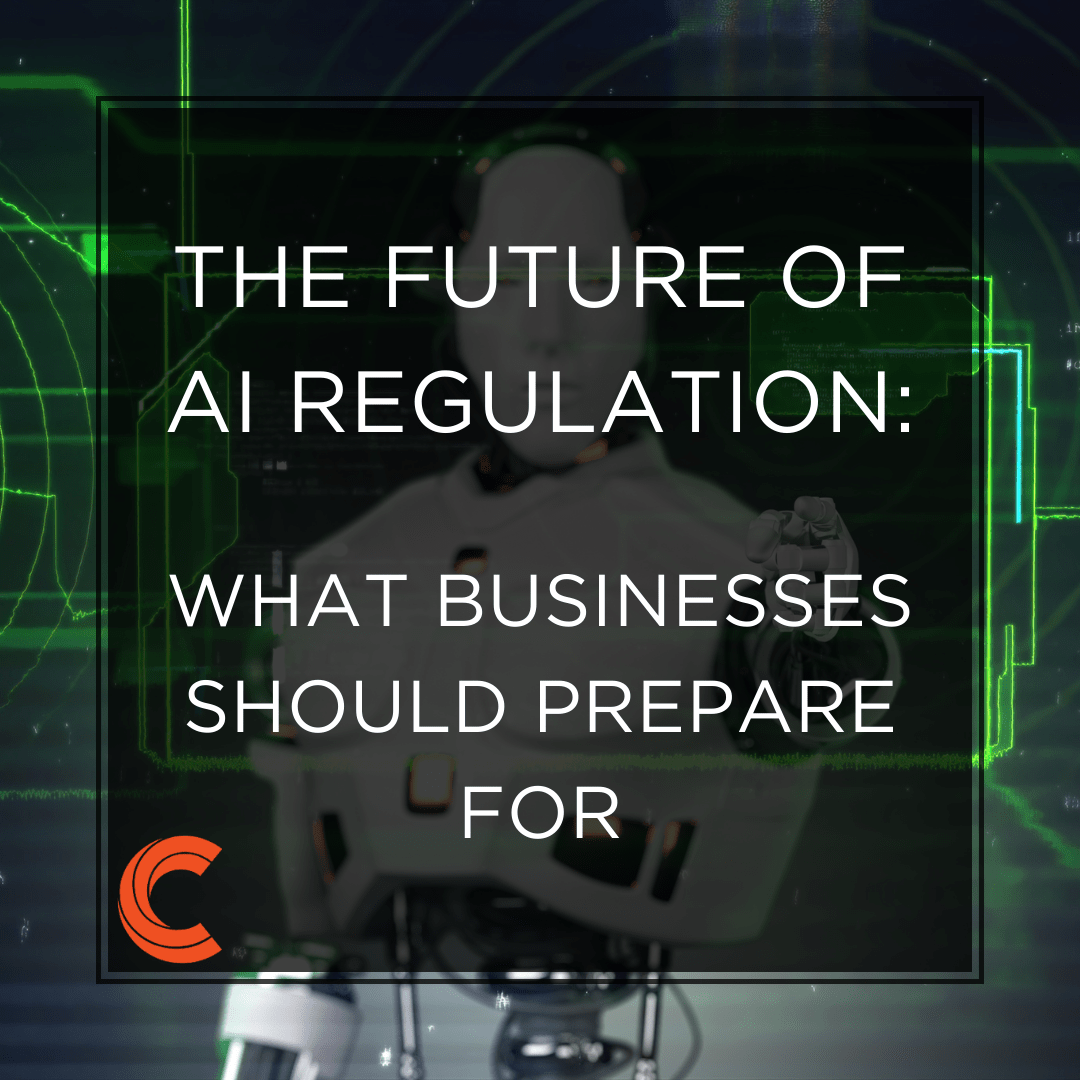As artificial intelligence (AI) continues to transform industries, regulatory bodies worldwide are stepping up to establish guidelines and rules. Businesses that rely on AI must stay informed about these changes. The future of AI regulation is uncertain, but companies can prepare by understanding emerging trends and developing proactive legal strategies.
Understanding the Current AI Regulatory Landscape
The future of AI regulation is being shaped by current developments. Governments and international organizations are beginning to draft rules aimed at controlling AI’s impact on society. In the European Union, the proposed AI Act is one of the first comprehensive frameworks designed to regulate AI. This legislation categorizes AI systems based on risk levels and imposes strict requirements on high-risk applications.
In the United States, federal and state governments are taking a more piecemeal approach. Various sectors, such as healthcare and finance, are seeing specific regulations for AI use. The Federal Trade Commission (FTC) has also warned companies about misleading AI claims. As the future of AI regulation evolves, businesses must keep a close eye on these developments to ensure compliance.
Why Businesses Should Be Concerned About AI Regulation
The future of AI regulation holds significant implications for businesses. Non-compliance could lead to hefty fines, legal disputes, and reputational damage. Companies that use AI in decision-making processes, customer interactions, or data processing must be particularly cautious. The potential for AI to unintentionally discriminate or make errors is a growing concern for regulators.
Moreover, as AI becomes more integrated into business operations, the likelihood of encountering regulatory scrutiny increases. The future of AI regulation will likely involve more stringent oversight, requiring businesses to demonstrate that their AI systems are fair, transparent, and accountable. Preparing for these requirements now can save businesses from costly issues later.
Emerging Trends in AI Regulation
Several trends are shaping the future of AI regulation. First, there’s a growing emphasis on transparency. Regulators are demanding that companies explain how their AI systems make decisions. This transparency is crucial for ensuring that AI systems do not perpetuate biases or cause harm.
Second, accountability is becoming a key focus. Companies may soon be required to maintain detailed records of their AI systems’ operations. This would include logs of decisions made by AI, the data used for training, and any human interventions.
Third, the future of AI regulation will likely involve stricter data privacy rules. AI systems often rely on vast amounts of personal data, raising concerns about how this data is collected, stored, and used. Businesses should prepare for more robust data protection requirements and consider how they can minimize data usage without compromising AI performance.
What Businesses Should Do Now
Given the uncertain future of AI regulation, businesses must take proactive steps to prepare. Here are some key actions to consider:
- Conduct a Regulatory Review: Businesses should assess the current regulatory environment and identify any existing laws that apply to their AI systems. This review should include both national and international regulations.
- Develop a Compliance Strategy: Once the regulatory landscape is understood, businesses should develop a strategy to ensure compliance. This might involve updating policies, implementing new procedures, or even redesigning AI systems to meet regulatory requirements.
- Invest in AI Governance: AI governance involves setting up frameworks to manage AI systems responsibly. This includes creating policies for data management, decision-making, and accountability. Effective AI governance can help businesses stay ahead of regulatory changes and reduce the risk of non-compliance.
- Engage with Legal Experts: The future of AI regulation is complex and ever-changing. Businesses should consider working with legal professionals who specialize in AI and technology law. These experts can provide guidance on how to comply with existing regulations and prepare for future ones.
- Monitor Regulatory Developments: Businesses must stay informed about new laws and regulations related to AI. This can be done by subscribing to industry newsletters, attending conferences, or joining professional organizations. Staying informed will allow businesses to adapt quickly to regulatory changes.
How Carbon Law Group Can Help
The future of AI regulation is uncertain, but businesses don’t have to face it alone. At Carbon Law Group, we specialize in helping companies navigate the complex legal landscape surrounding AI. Our team of experienced attorneys can assist with regulatory reviews, compliance strategies, and AI governance. We stay up-to-date with the latest developments in AI law, ensuring that our clients are always prepared for what comes next.
If your business relies on AI, now is the time to take action. Contact Carbon Law Group to discuss how we can support your legal needs and help you stay ahead in the future of AI regulation.
Conclusion
The future of AI regulation is still taking shape, but one thing is clear: businesses must be prepared. By understanding current trends, developing proactive strategies, and seeking expert legal advice, companies can position themselves for success in an increasingly regulated environment. The future of AI regulation may be uncertain, but with the right approach, businesses can navigate these challenges and continue to thrive.





